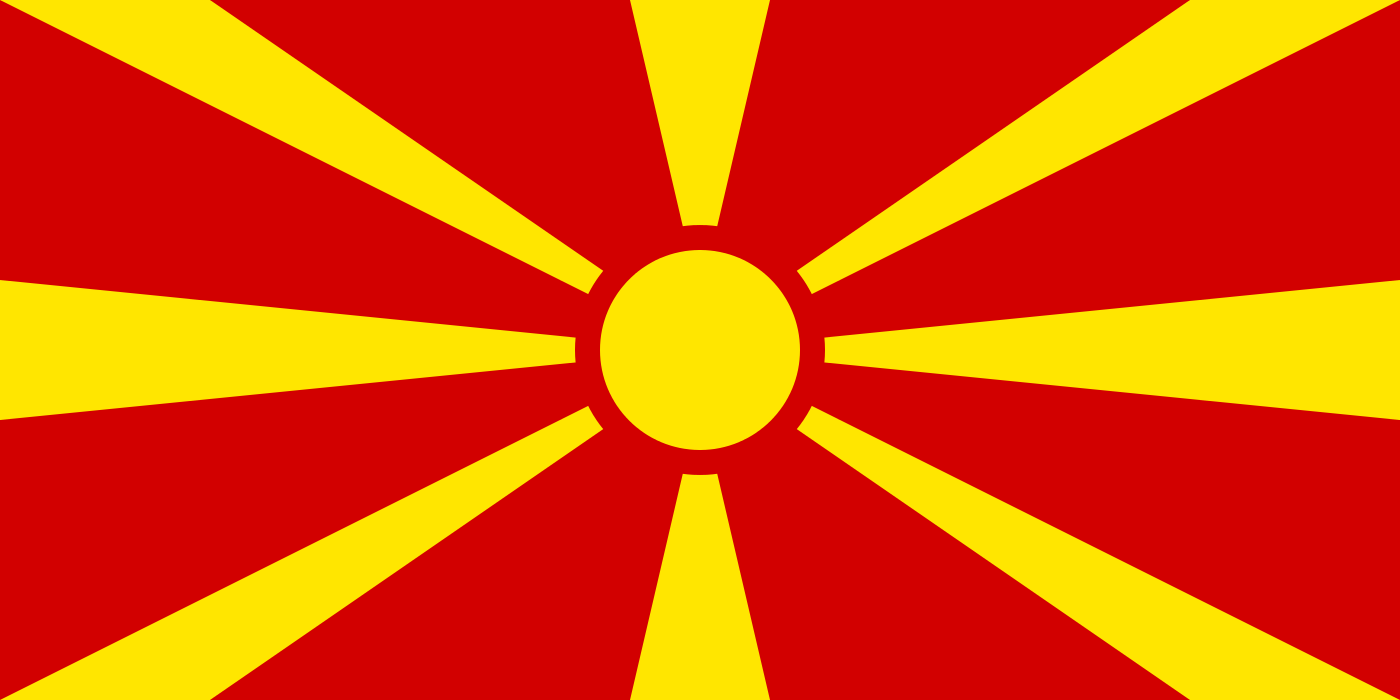Energy Community Secretariat and International Finance Corporation team up to facilitate variable renewable energy integration
The Energy Community Contracting Parties are adopting ambitious plans to increase the share of variable renewable energy sources in their power systems. In order to minimize costs and maximize benefits, it is important to understand the impact of such changes on the electricity grid, its influence on grid connection and to adopt optimal solutions to facilitate the power system transition.
The Energy Community Secretariat and the International Finance Corporation (IFC) joined forces to explore how the Contracting Parties can overcome the obstacles faced in connecting new renewable energy capacities to the grid in order to unleash their renewables potential.
In the initial workshop dedicated to the situation in North Macedonia, the Secretariat and IFC brought together key energy stakeholders of this Contracting Party today. The discussions focused on the country’s existing potential to accommodate large renewable energy projects in the transmission network and the expected impact on the power system, especially on balancing, and explored potential solutions such as battery storage. It also estimated the current investment needs in North Macedonia and how they could be covered using different instruments such as tariffs, loans and state guarantees.
An important conclusion drawn from the meeting was that the existing cross-border interconnector capacity is substantially underutilized, as is generally the case in the Western Balkans. Many options for its increase exist in order to facilitate the uptake of renewables and facilitate decarbonisation.

